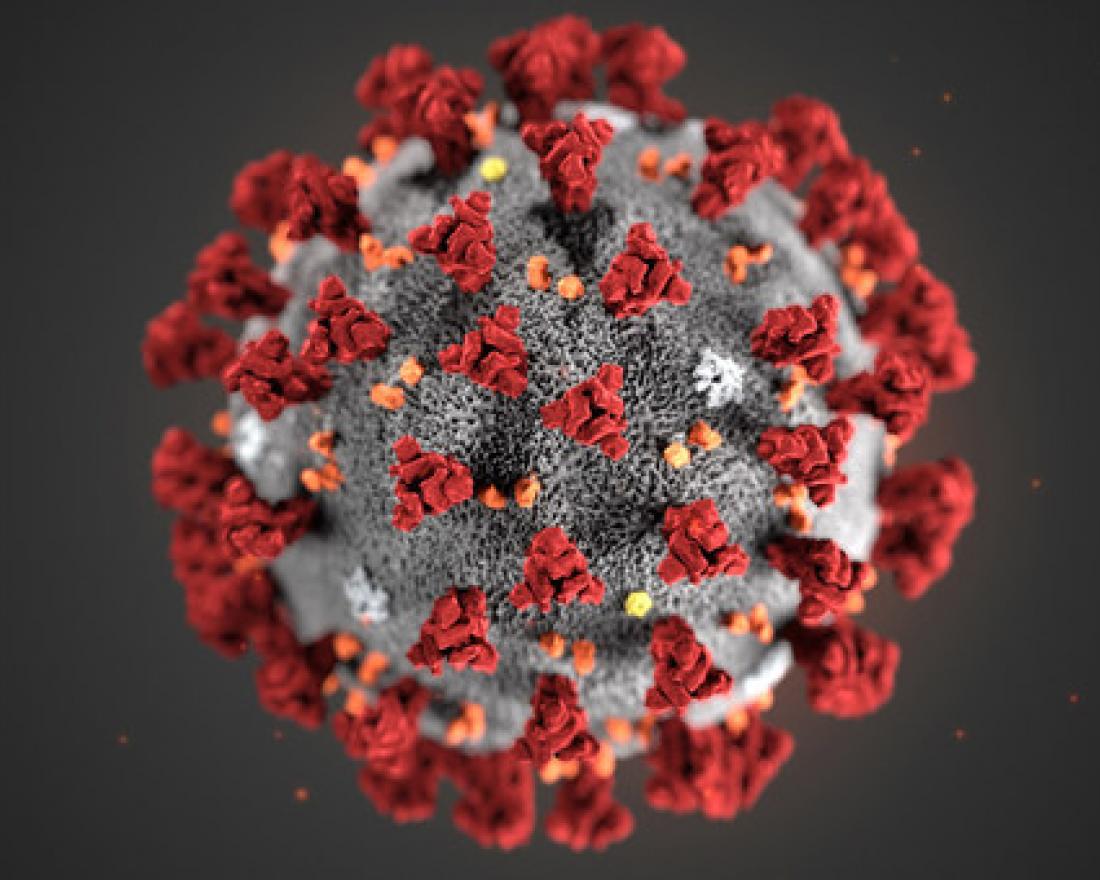
In the ongoing battle against Coronavirus, oxygen therapy is an important treatment option for patients suffering from symptoms of the virus. As a result, Google searches for people wanting to learn about oxygen and ventilators have increased in recent weeks.
Why is oxygen so very important in the fight against Coronavirus?
Coronavirus is, at its core, a respiratory disease that damages the lungs. According to the World Health Organisation, one in six COVID-19 patients can develop breathing difficulties. (The NHS already has 8,175 ventilators but the government believes up to 30,000 could be needed and has enlisted manufacturers to help boost stocks to to at least 61,000 - Guardian 2020) . Ventilators feed oxygen into the lungs of patients with severe respiratory problems, usually by inserting a tube down the throat.
When a virus or disease attacks the respiratory system, it damages healthy tissue in the lungs, making it hard for them to deliver oxygen to the blood. Pneumonia can also develop along with the potential to damage other organs in your body. Your blood contains life-giving cells. Every cell in your body is designed to burn oxygen. Oxygen is the basic fuel for metabolism. The less oxygen your cells receive, the more sluggish and tired you become. You start to feel fatigued or short of breath. In other words, less oxygen equates to your cells losing the energy they need to repair your body. Your immune system weakens and your risk of getting sick increases, and in a worst-case scenario like Coronavirus, it can be fatal.
Knowing that so many more Coronavirus patients will develop breathing difficulties in the coming weeks and knowing that oxygen therapies can help, you can understand why so many people are trying to learn more about the subject as quickly as possible.
For those recovering from Coronavirus or suffering from a respiratory illness or disease, oxygen therapy is often an important care option. What is oxygen therapy? Some people with breathing disorders can’t get enough oxygen naturally. They may need supplemental oxygen, or oxygen therapy. People who receive oxygen therapy often see improved energy levels and sleep, and better quality of life. While ventilators are often administered at a hospital, oxygen therapy devices can be prescribed by a doctor and used in your home.
People who may require oxygen therapy suffer from chronic obstructive pulmonary disease (COPD), pneumonia, asthma, heart failure, cystic fibrosis and lung disease. There are a number of different types of oxygen therapies that can be used. These include oxygen gas, liquid oxygen, oxygen concentrators and hyperbaric oxygen therapy. You can learn more about these therapies and devices (and watch easy-to-understand videos) at this online resource center provided by the American Lung Association.
As the world continues the fight against Coronavirus, we encourage you to continue to visit online resources provided by the WHO and NHS
There has been so much information – and misinformation – in the news and online that it is important to listen to trusted and accurate voices in the field, especially when it comes to learning about the benefits of oxygen therapy in battling Coronavirus.